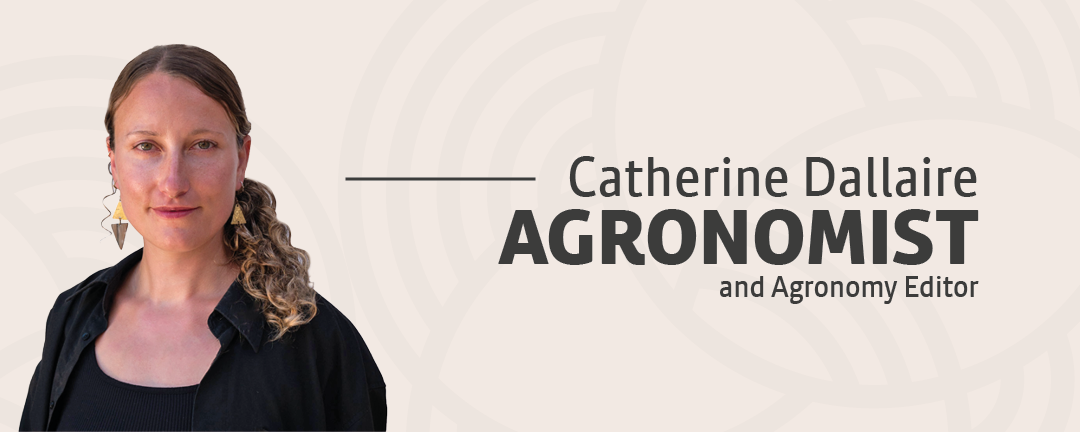
Leveraging Complementary Services to Offer More
The idea behind food hubs is that member farms pool together their resources, including delivery vehicles, machinery and cold storage rooms. They can also coordinate among themselves to adopt standardized marketing and sales tools. And most impressively, these member farms sometimes join forces to serve major customers that require more than one producer to meet their needs. This enables them to supply such customers with a wider range of products in adequate quantities. In other words, collaboration helps participating farms tap into a bigger market share.
This model has become widespread in the United States and is making its way into Italy, the United Kingdom and France. However, it is clearly not as well known in Quebec.
A Unique Food Hub in Quebec
L’Aube Food Hub brings together eight farms located on Montreal Island and in surrounding areas. This social economy project is back for a third season this year, and its success speaks for itself. Having originated on the West Island of Montreal, the initiative is like none other in Quebec. L’Aube Food Hub now includes eight member farms and is experiencing constant growth. It delivers food products to sixteen institutions, including six childcare centres, four hospitals and three community organizations.
A Decidedly Human and Effective Business Model
Many people believe that businesses should be competing against each other or that there is only one path to success for organizations. And yet, food hubs such as L’Aube demonstrate that collaboration can be a wonderful and effective business model, perhaps even more so than the conventional approach.
